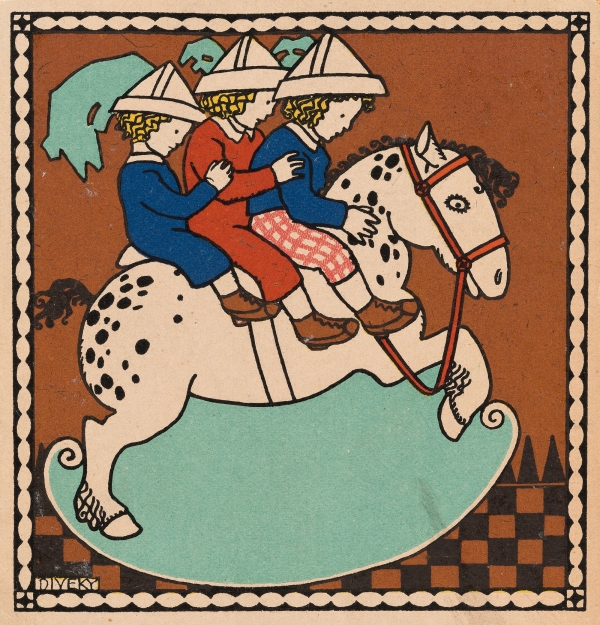Against this background of the ambiguity of terms
we will focus in the workshop on the issue of games as art. There is a tradition of artworks using games or game engines that
can be traced back to the late 1990s with positions and ludic strategies developed by Tilmann Reiff and Volker Morawe, Axel
Stockburger, Margarete Jahrmann, Bjørn Melhus, Max Moswitzer, Peter Kogler, fuchs-eckermann, and many others. These artists
from Austria, Germany and Switzerland have been showcased in exhibitions in Vienna (1998), Dortmund (2003), Völklingen (2003–2004),
Aachen (2005–2006), Vaduz (2005) and Berlin (2005–2006). Recent game art performances have been staged at University of Applied
Arts and elsewhere, e.g. “Follow the White Rabbit through the Labyrinth” (hybrid ludic collage 2022).
It is also interesting
to see, that studies of games in the German speaking countries have initially been undertaken in art colleges and the academies
and only much later and to a lesser degree in the academic context of universities. Why that is has to be discussed in the
workshop. Tilman Baumgärtel gives at least one possible explanation, when he hints that “[…] the combination of performance
and moving images, sound and music with interaction, they [the games] are a contemporary form of the ‘dream of the total art
work’ […]” (2003: 101).
A workshop by the DiGRA chapter of the German-speaking countries (Florian Bettel/Univ.
of Applied Arts Vienna, Mathias Fuchs/Leuphana University Lüneburg, Margarete Jahrmann/Univ. of Applied Arts Vienna, Hartmut
Koenitz/Södertörns högskola Stockholm, Lies van Roessel/ Martin-Luther-University Halle-Wittenberg, René Bauer/ZHdK – Zürcher
Hochschule der Künste, Kato Hiloko/University of Zürich, Roman Kirschner/ ZHdK).
Date: June 19, 2023, 10:00–13:00
Venue: Universidad de Sevilla, Spain
For more information see:
https://base.uni-ak.ac.at/showroom/boEt3eC8MMXiAkKyU42rkR/



